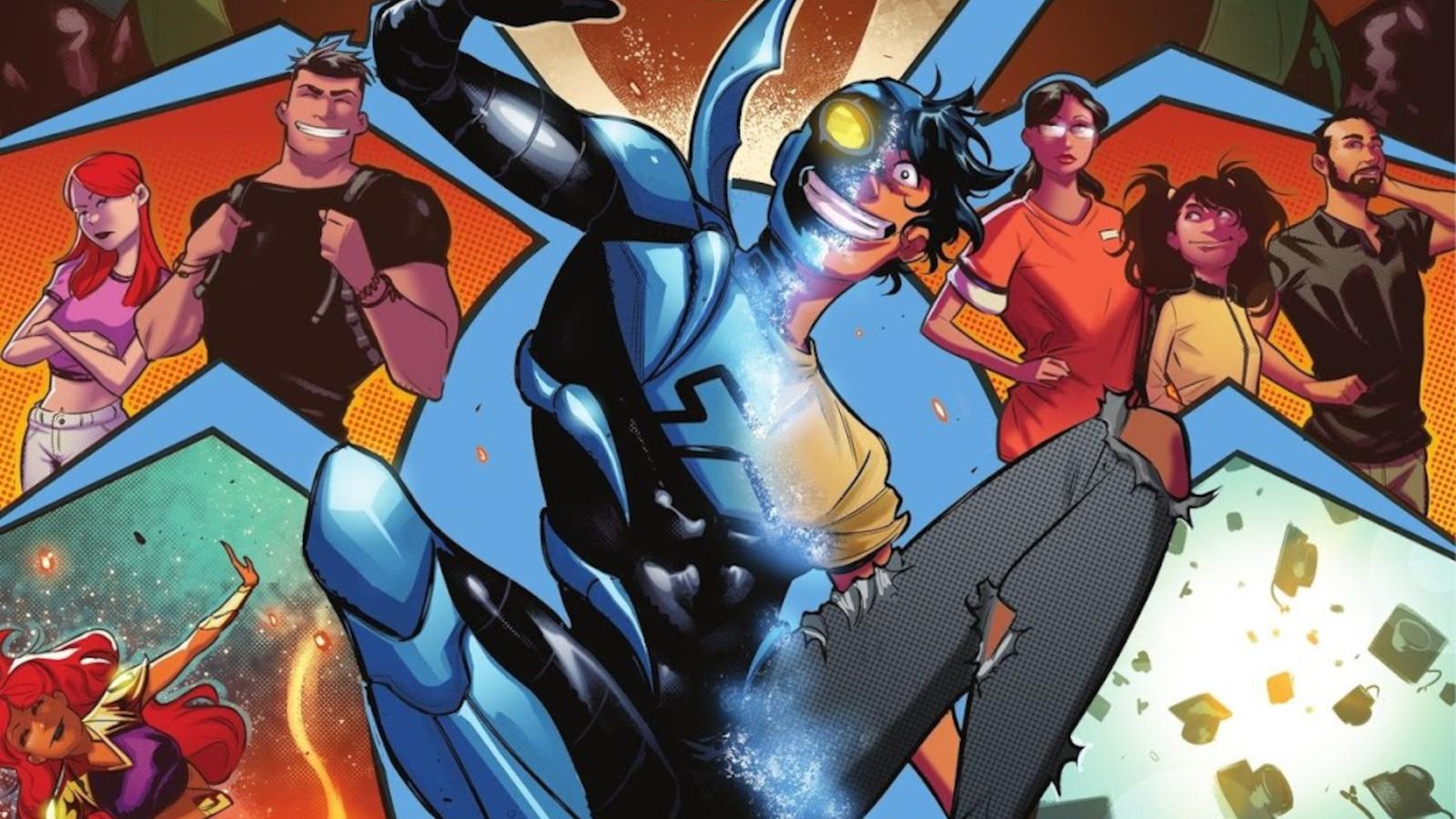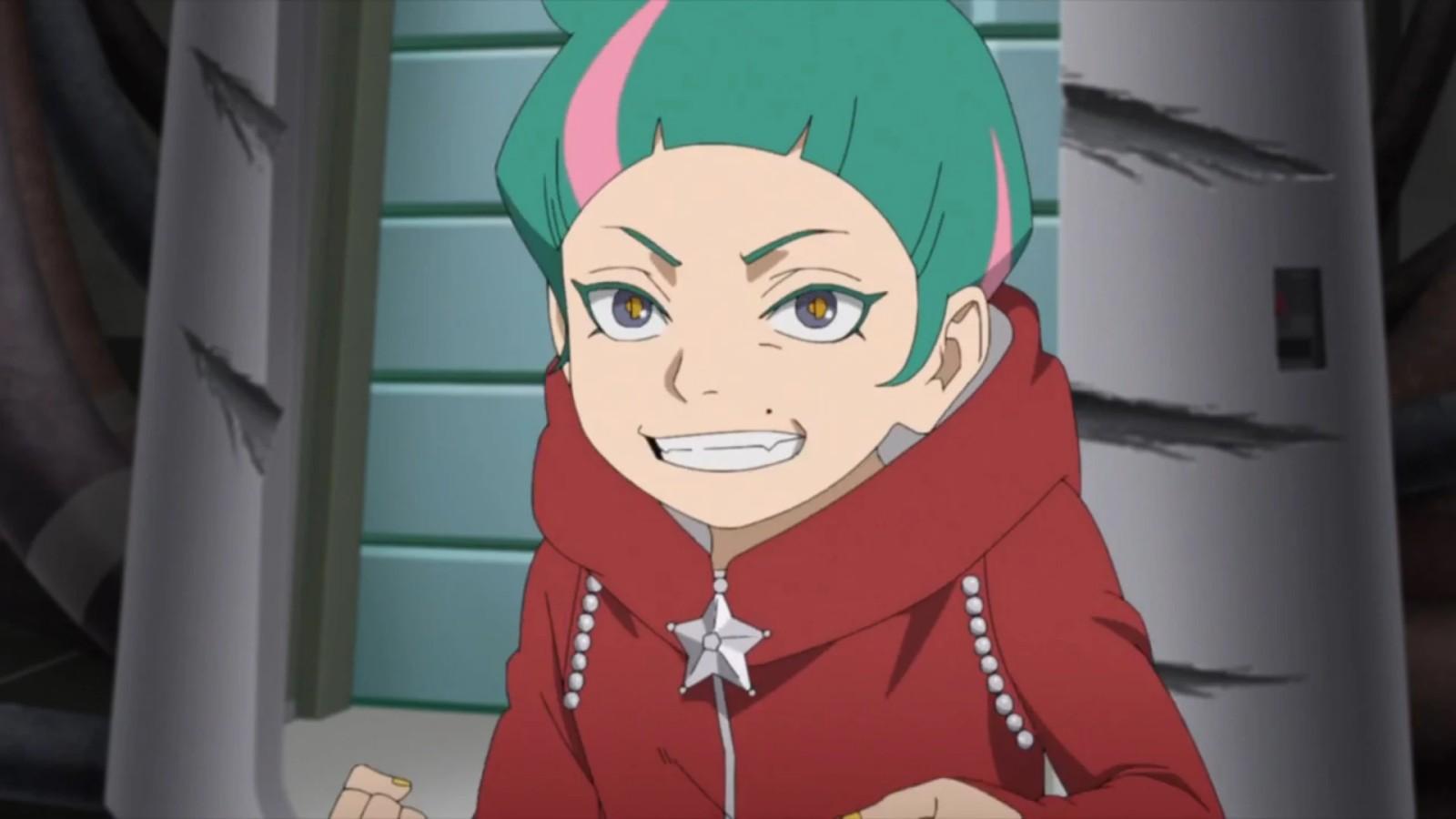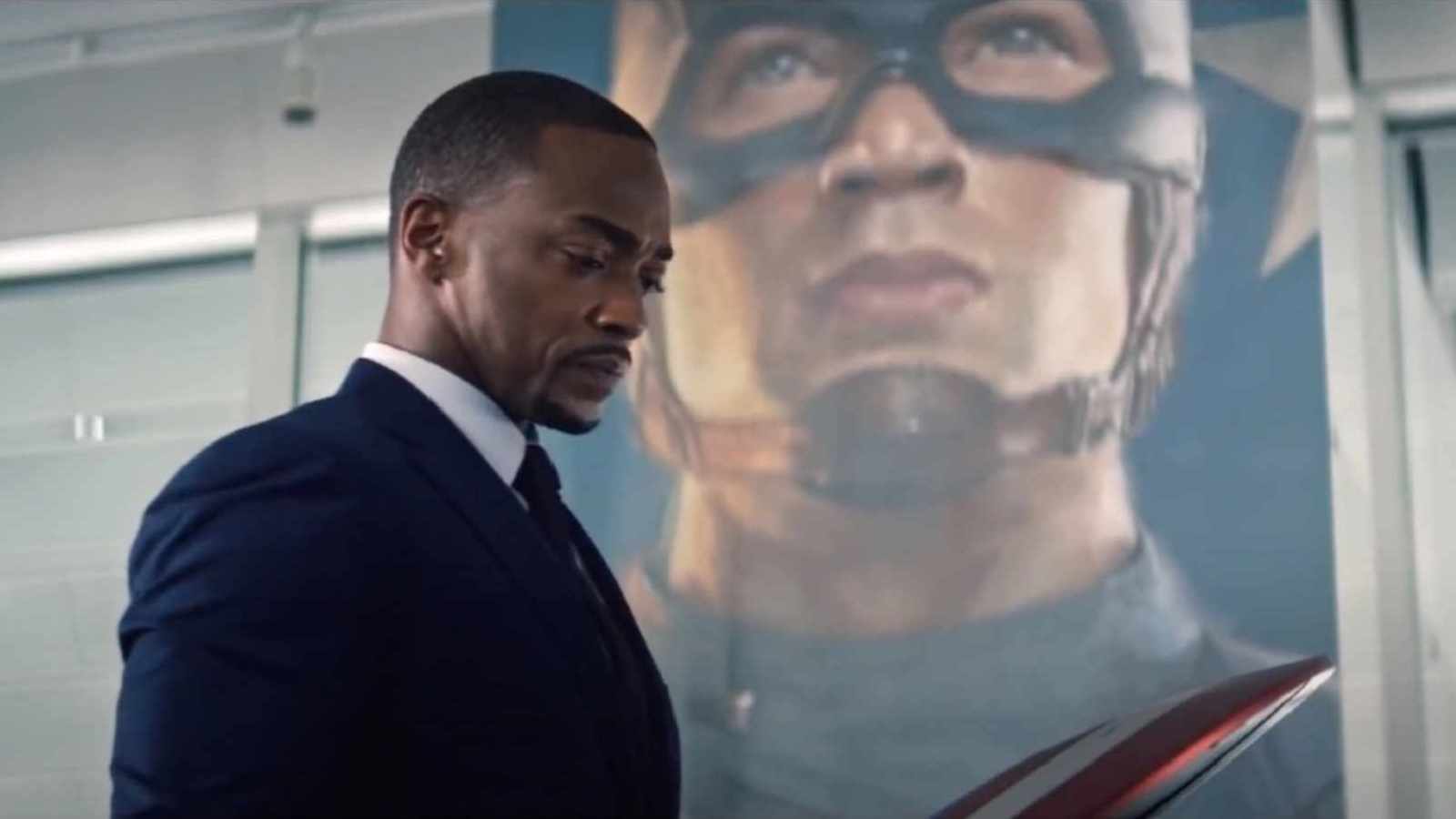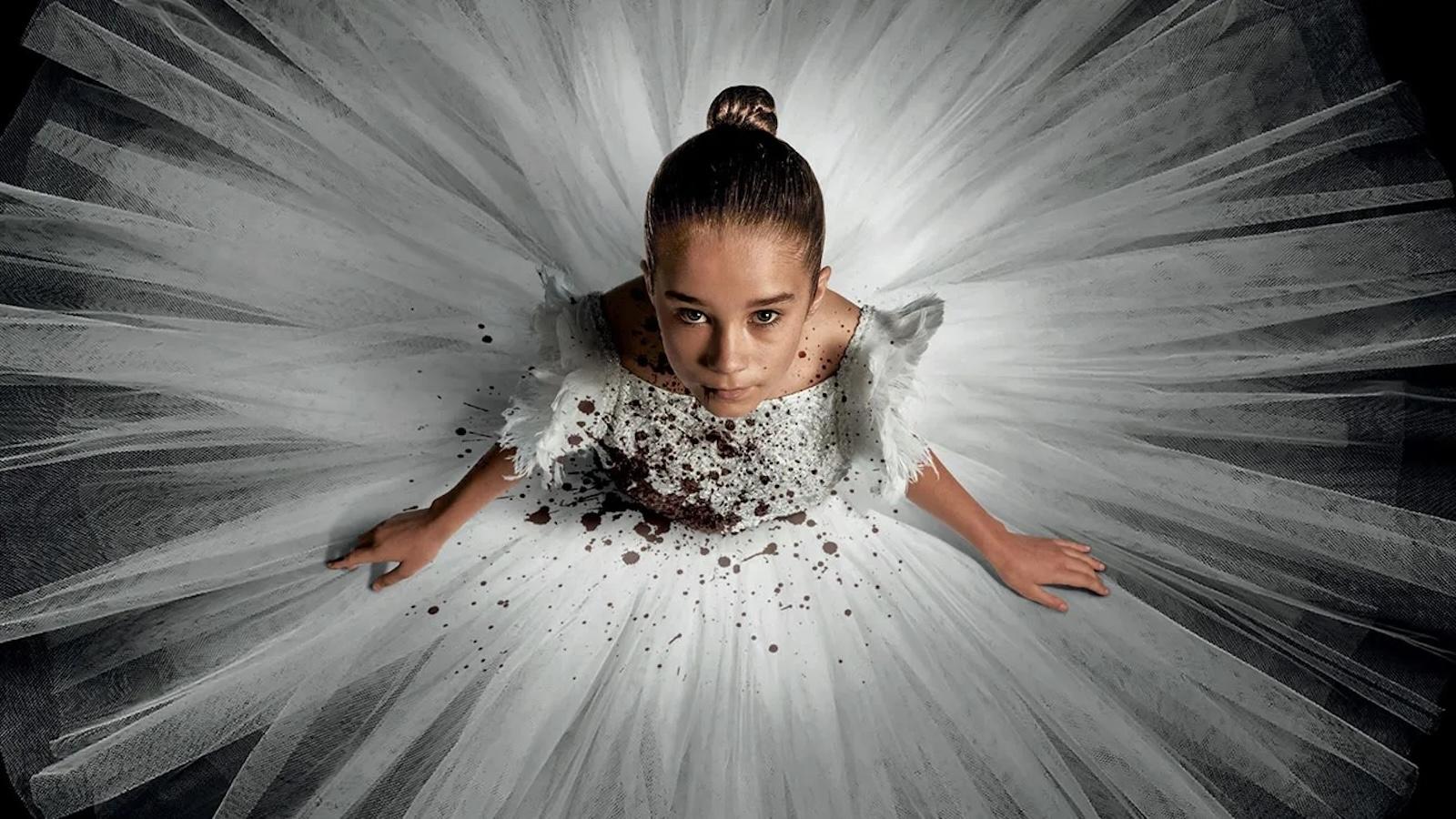Is Fatal Attraction based on a true story?
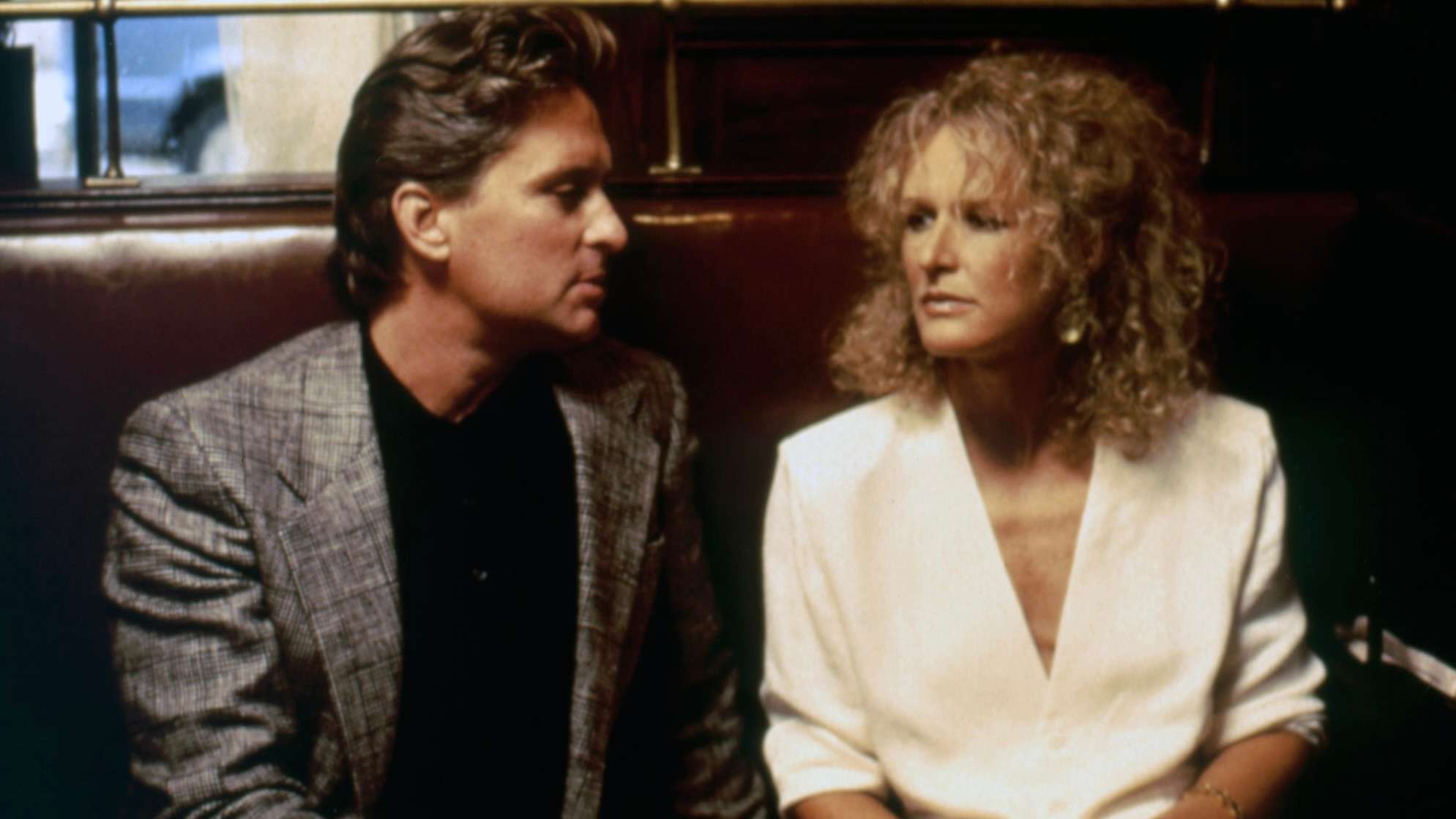
With a new version of Fatal Attraction hitting the small-screen this weekend, we’ve got details of the inspiration behind the many adaptations, plus whether or not it’s based on a true story.
Here’s the official synopsis for the 1987 film version of Fatal Attraction: “Michael Douglas plays Dan Gallagher, a New York attorney who has a tryst with seductive Alex Forrest (Glenn Close) while his wife (Anne Archer) is away. Dan later shrugs off the affair as a mistake and considers it over. But Alex won’t be ignored. Not now, not tomorrow, not ever… even if it means destroying Dan’s family to keep him.”
A TV version of the tale launches on Paramount+ this Sunday, with Joshua Jackson starring, Amanda Peet playing his wife, and Lizzy Caplan cast as the spurned lover.
The story itself goes way back to the 1970s however, and a tax cut offered by the British government…
Is Fatal Attraction based on a true story?
No, Fatal Attraction is not based on a true story. Screenwriter James Dearden came up with the idea when he was charged with the task of making a short(-ish) film.
As Time Out explains in a 2013 interview with Dearden: “Until 1985, British film studios qualified for an annual subsidy financed by a tax called the Eady Levy so long as they put out one ‘full length’ (34-minute-plus) film a year. This led to a glut of incredibly dull 34-minute minute films being made purely to qualify for a pay out.”
In 1979, Dearden was given £30k to make one such film, so he wrote and directed a 40-minute movie called Diversion that was anything but boring. His film revolved around a man who has an extramarital affair with a woman. She then turns on him when he tries to break things off. That story served as the basis for the movie, a short-lived stage adaptation, and the new TV series.
That said, there are true elements in there. Dearden told the 2012 biography ‘Leading Lady: Sherry Lansing and the Making of a Hollywood Groundbreaker’ (as reported by eonline): “I’m not going to say [the story] was autobiographical, but everyone has been in situations where they’ve been harassed.
“I had an experience where somebody kept calling me, and I got very uncomfortable. And I had a girlfriend who cut her wrists, very theatrically and not to kill herself. Then a good friend of mine was pursued by this beautiful but crazy woman and it was destroying his marriage.”
Changing the plot of Fatal Attraction
In that same interview, Dearden states how frustrated he became when changes were made to that central story while turning it into the 1987 film.
As Dearden tells Time Out: “Paramount said, ‘How do we root for this guy?’ I kept getting notes to make him more innocent and Glenn Close’s character more ravenous, like he’s her victim. And after those changes people did not sympathize with her.”
The biggest change was the ending, however. When test audiences didn’t like the dark climax – wherein Dan gets his comeuppance – a slightly more upbeat finale was shot and used.
That doubtless contributed to the success of the movie, but Dearden doesn’t like the more diluted ending, telling TO: “These things were done to make it a blockbuster, and it’s never felt like it was mine.”
The Fatal Attraction TV series launches on Paramount+ this weekend. You can find out about their plans for the “bunny-boilers” scene here, and read more about the show here.
